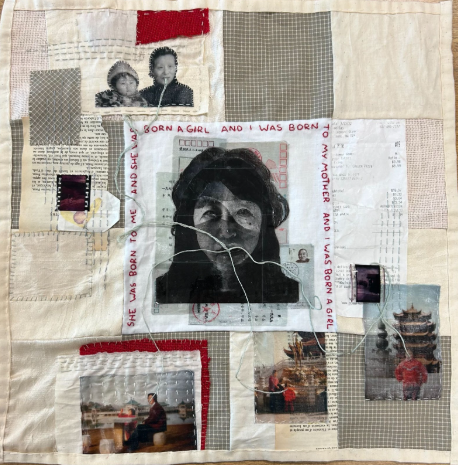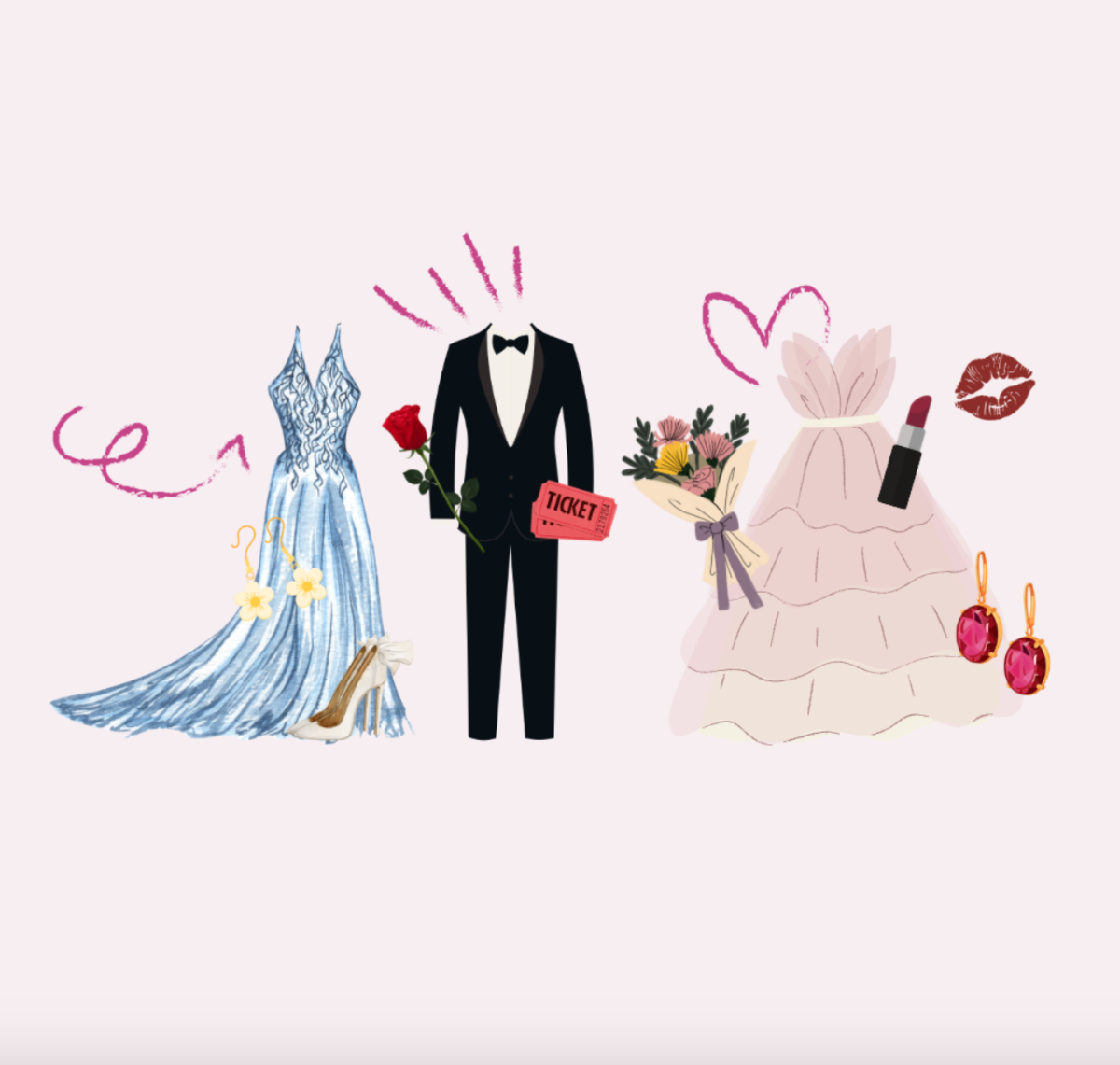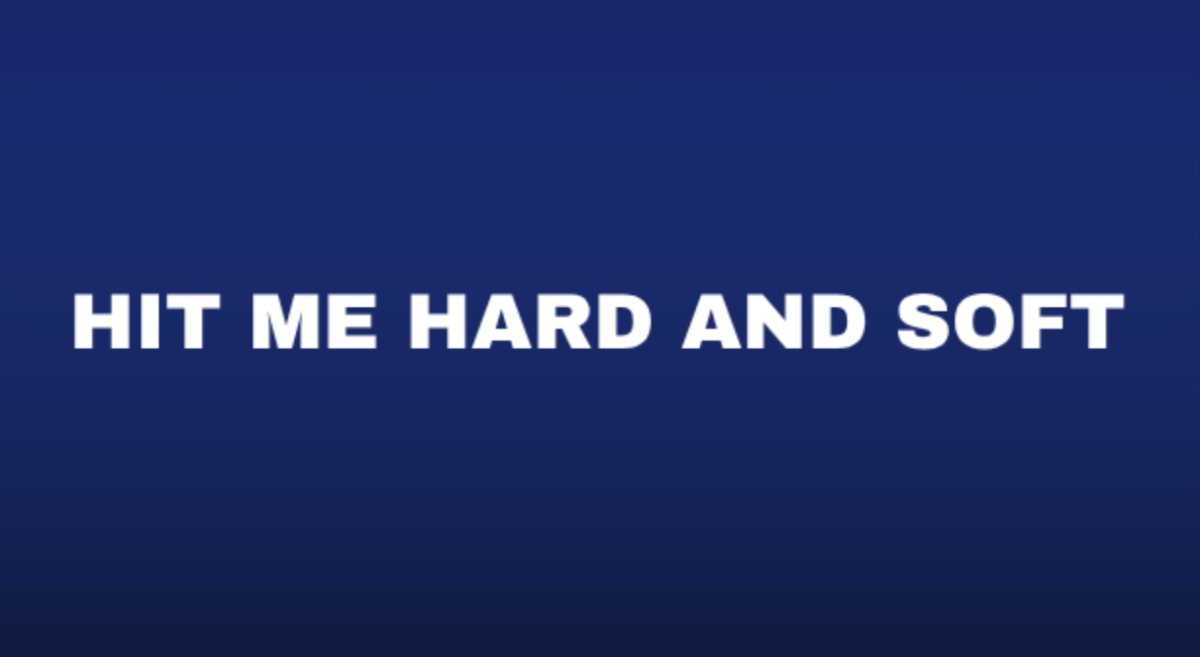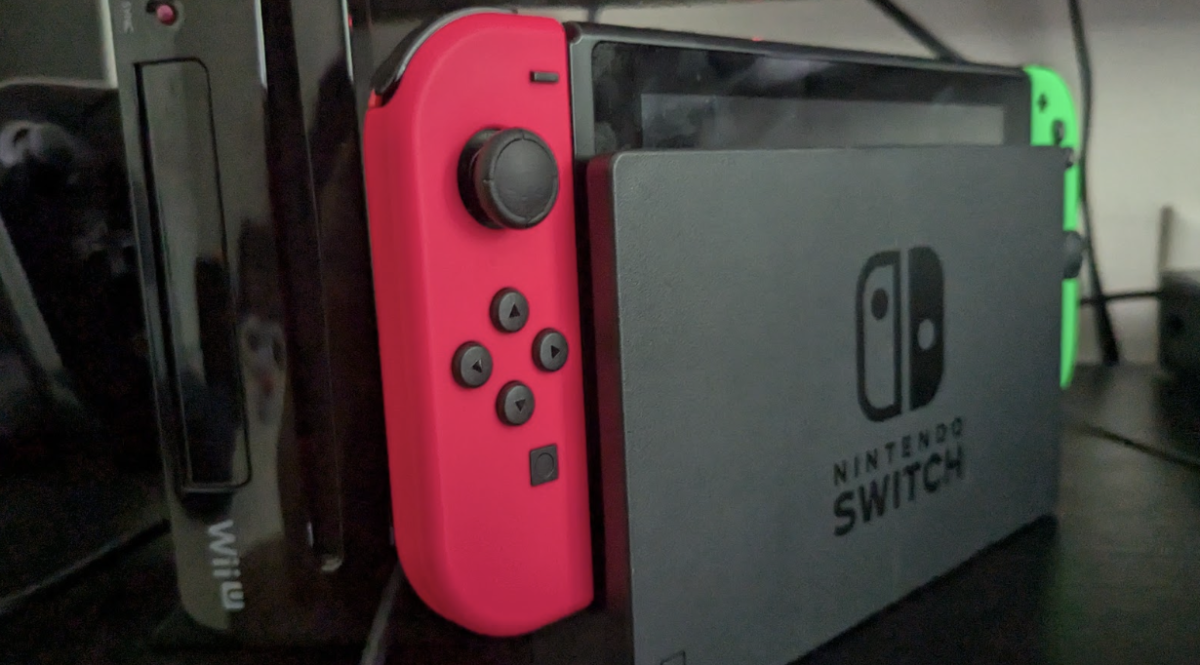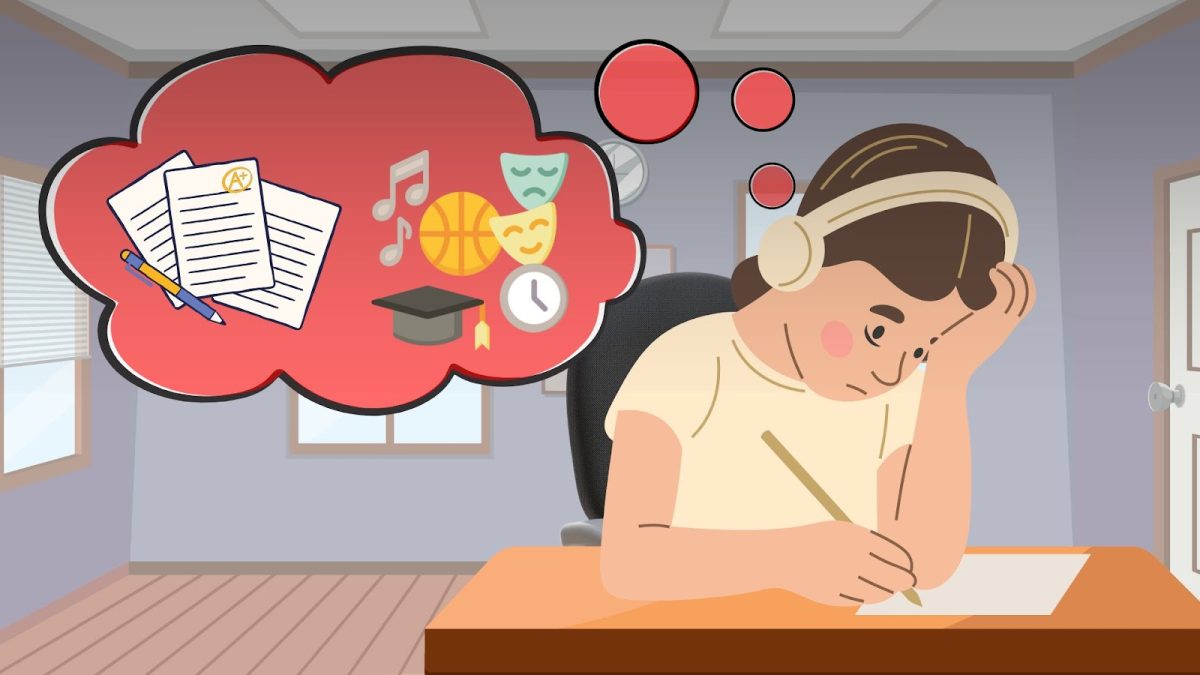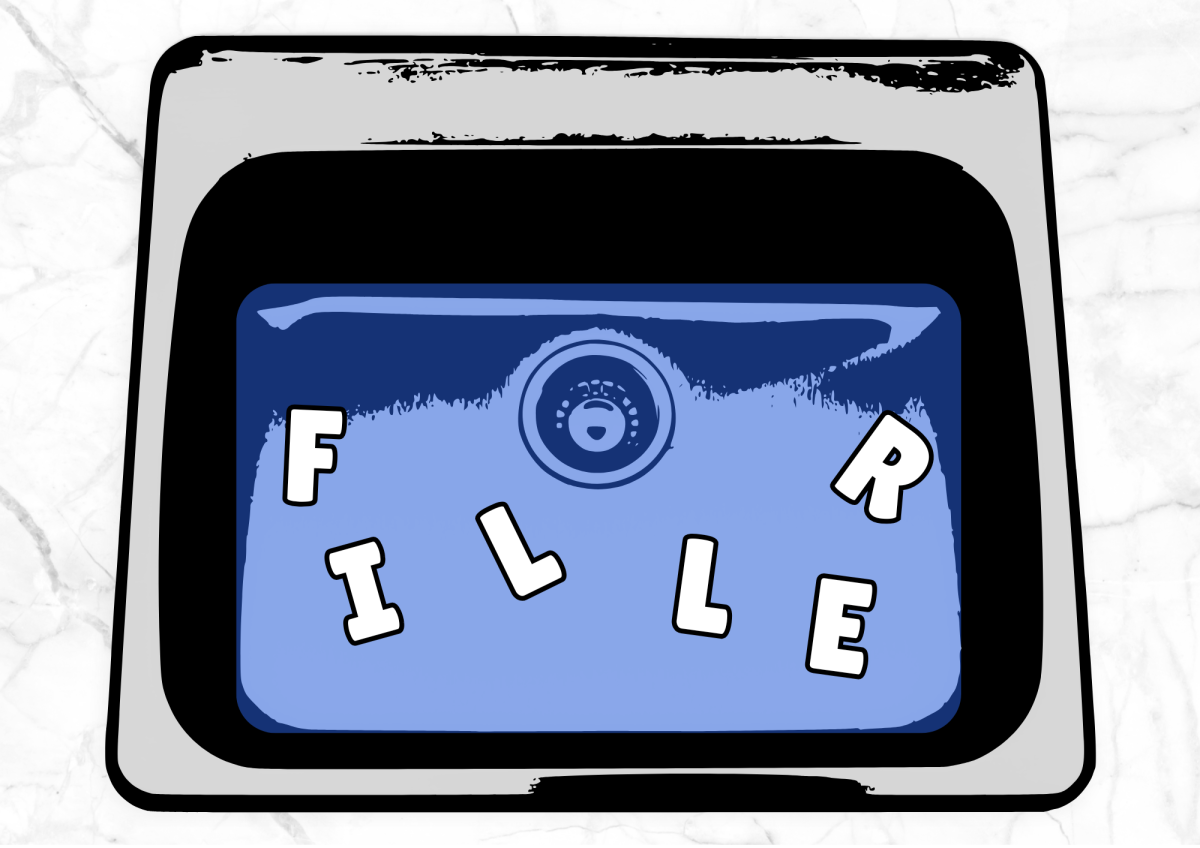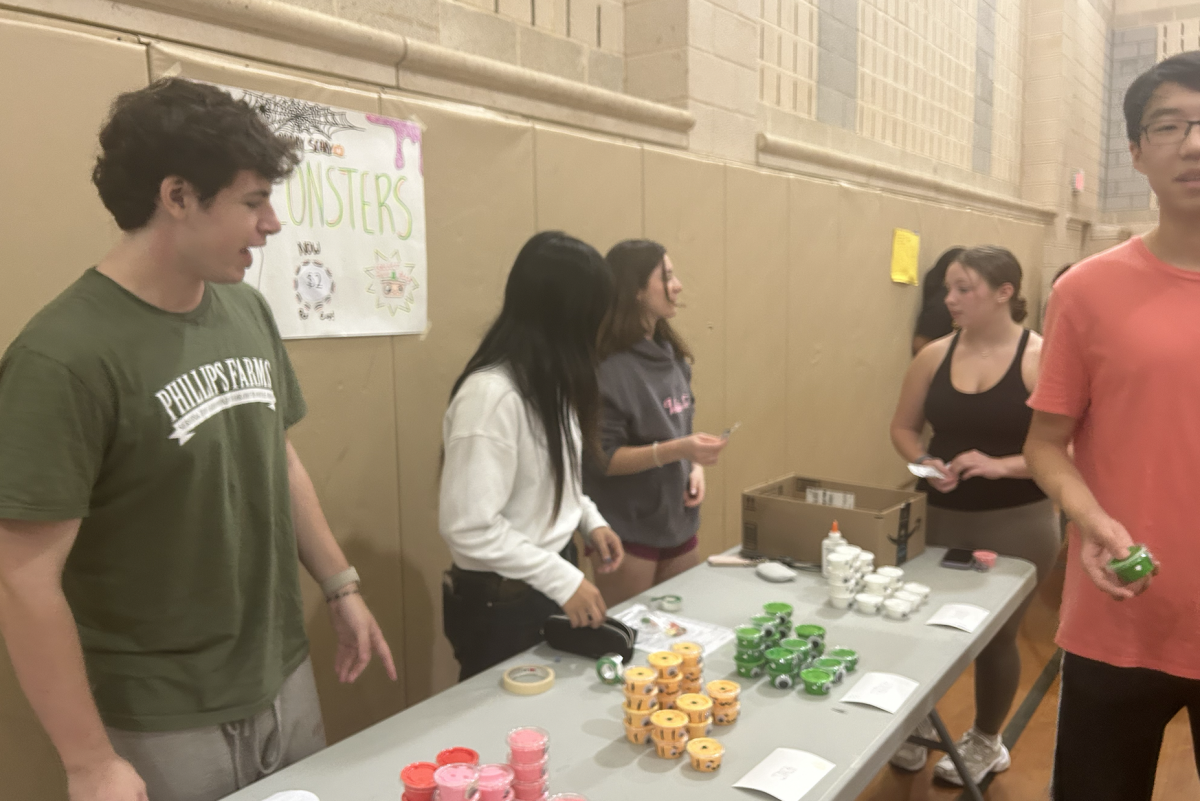TikTok addiction: The newest epidemic
January 12, 2023
Often referred to as “digital fentanyl,” TikTok is the most popular app globally, and the number of users is increasing daily. This video-sharing app constantly creates new trends and influences people of all demographics, particularly those 30 years and younger.
TikTok is owned by the company ByteDance, which has ties to the Chinese Communist Party. The United States government, including members of the FBI, is suspicious of ByteDance collecting and using data against Americans. Due to this, legislation was proposed in December last year to ban the app in the United States. Along with privacy concerns about TikTok users, they can experience withdrawal symptoms, including anxiety and sadness, when deprived of the app.
Mr. David Corsbie, an AP Psychology teacher, explained why the app could be addictive, saying, “[It’s] sensationally stimulating, auditorily and visually. Oftentimes, mirror neurons kick in, and we feel like we are also experiencing what is happening in the video, especially with videos that show emotional responses.” He added, “Dopamine is addictive, and whenever we partake in
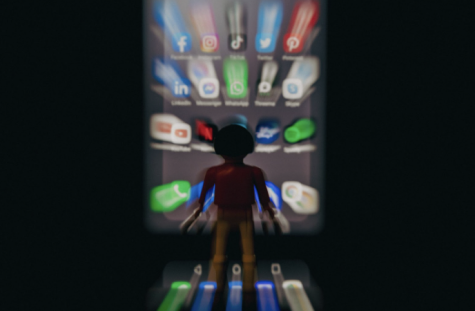
something that releases dopamine, our brain creates a connection and wants more.” Similarly, a dopamine rush caused by fentanyl makes users feel euphoric and causes the drug to be addictive.
Zoe Westerlund (‘26) falls within the demographic most influenced by TikTok, spending two to five hours daily on the app. She stated, “TikTok, I know, is becoming a very controversial thing, especially in the United States, and many people believe it is brainwashing [Gen Z],…but I do think it is branching out to more people and older generations everywhere.” The app’s users range from all ages, with roughly 20% being 40 to 49.
Although TikTok can be seen negatively, it also has positive aspects. Westerlund added, “I think the app is a place to express yourselves, see what friends are doing, get inspired by others, and make you laugh. It can also be a source to find the content you relate to.” The app offers endless easy-to-watch videos about various topics, from designing clothes to skincare.
Regardless of the creative videos, the addictive qualities of TikTok are impacting people’s mental well-being and productivity in everyday life. An alternative to instant satisfaction is finding interests and hobbies that promote a healthy lifestyle, whether that be having a gym routine or learning how to crochet.
*editorial note: The GH Falcon has a TikTok account, but the staff does not approve of any addictive qualities of the app.



















